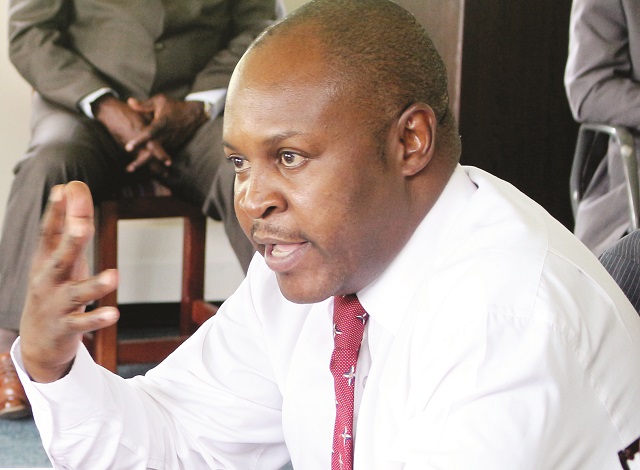Point of Care HIV testing goes to district hospitals

Whinsley Masara, Chronicle Reporter
The Ministry of Health and Child Care is decentralising Point of Care HIV testing from major hospitals to district hospitals.
Victoria Falls Hospital in Hwange District and Inyathi District Hospital in Bubi District have become the first in the country to receive Early Infant Diagnosis Point of Care testing machines.
Both hospitals are in Matabeleland North Province.
Before the development, babies who were not born at major hospitals had to wait up to three months before their HIV status could be determined.
Matabeleland North Provincial Medical Director Dr Nyasha Masuka said the initiative would see the ease of HIV testing in infants at local hospitals, with quick feedback being given to mothers.
“Such machines which were initially only found at central hospitals such as Mpilo and Parirenyatwa, are now being distributed to district hospitals. We received the machines last week and a number of tests have already been done locally.
“These machines are for testing HIV in infants. We have been all along depending on what are called dry blood spots that are taken by nurses at clinics and hospitals. These were being sent to Mpilo Central Hospital in Bulawayo,” he said.
Dr Masuka said a majority of mothers never returned to collect their babies’ results due to the long wait for the results.
“If a mother comes two to three times without getting her results, being told their results were not yet out, many would just abandon the whole procedure and never come back, hence, putting their babies at risk.
“With these machines, patients can get their results in one hour because they run the sample in twenty minutes. Also with this system, the hospital can do up to eight tests per day yet before only four to six samples could be sent to Mpilo. Now it means that the district has a capacity to do up to 160 per month, he said.
“We will continue to advocate that we get more machines for the remaining five districts so that all seven can be able to do early infant diagnosis of HIV,” he said.
Hwange District Medical Officer Dr Wilfred Kurauone said about 10 hospital personnel which include nurses and laboratory technicians have already been trained on how to operate the machines and they started using them last week.
Research has revealed that a leading cause of child mortality in Zimbabwe is HIV/Aids which contributes about 21 percent of deaths, followed by pneumonia, diarrhoea, measles and malaria. While coverage of conventional, laboratory-based early infant diagnosis (EID) of HIV has increased in recent years, the turnaround time between sample collection and return of results takes at most three months. Ensuring prompt and adequate EID is still a challenge in many HIV endemic countries, a delay which can prove to be fatal as infants continue to succumb to Aids-related illnesses.
Globally, only half of infants born to mothers living with HIV undergo EID and of these, only half ever receive their test results. Approximately two thirds of childhood deaths occur during infancy, with more than one third taking place during the first month of life.
@winnie_masara











Comments